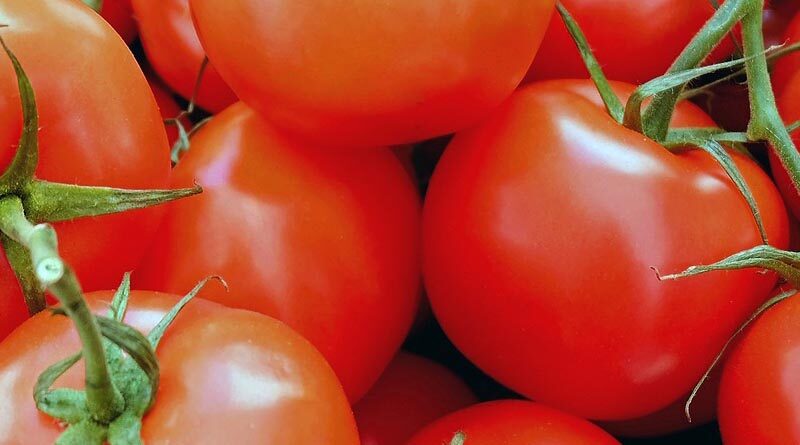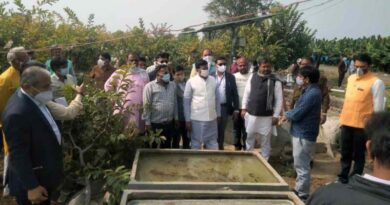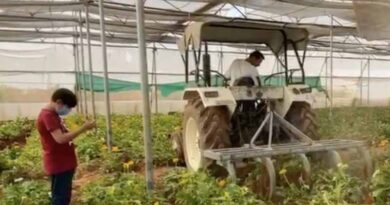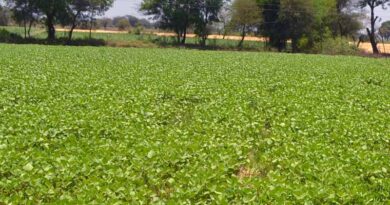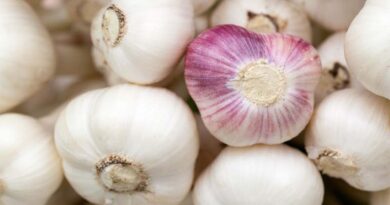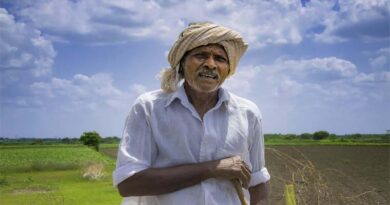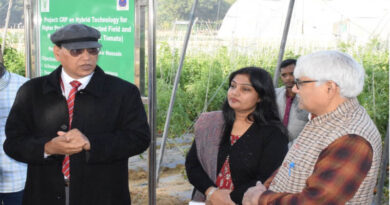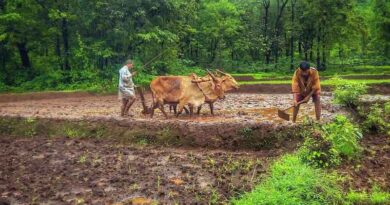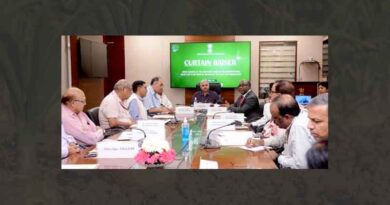Madhya Pradesh farmer sold tomatoes worth 8 crores; State Agriculture Minister interviews him
09 February 2022, Indore: Madhusudan Dhakad, a farmer of Harda district, Madhya Pradesh, told Krishak Jagat that he sold tomatoes worth Rs 8 crore this year. An average return of Rs 10 lakh per acre came from the cultivation of tomato, chilli, capsicum and ginger.
Leaving traditional field crop farming, the farmer chose horticulture crops. This not only earned him crores but also gave employment for hundreds of agricultural labourers in the area. Mr. Kamal Patel, Agriculture Minister of Madhya Pradesh met the farmer and his family and interviewed them and appreciated their success story.
While sharing the details with the Minister, Madhusudan mentioned that he has planted chilli in 60 acres, tomato in 70 acres and ginger in 30 acres. He made an average profit of Rs 8 to 10 lakh per acre from these crops. Not growing traditional crops like wheat and soybeans has been one of his best decision. Madhusudan told the Minister that this year he has sold tomatoes worth Rs 8 crore where the average cost of cultivation came to Rs 2 lakh per acre and he got a return of 12-14 lakh per acre. He employs about 350 workers on this farm to manage field operations..
Madhusudan belongs to Sirkamba village in Harda district. He told Krishak Jagat that the cost of ginger has come to 80 thousand rupees per acre. The crop duration is about eight months. If the rate is good at the time of harvest, then he will get a return of Rs 5 to 7 lakh per acre. If the rate goes low in the peak season arrival, he will still get more than Rs 3 lakh per acre. Chilli crop gives a return of 7 to 8 lakh rupees.
The farmer belongs from a joint family where each member of the family is involved in farming. Instead of traditional crops like wheat, gram, soybean, they chose horticulture crops like tomato, groundnut, chilli, capsicum and ginger for their 150 acres of land which opened a new path of prosperity.
Also Read: USDA to Invest $1 Billion in Climate Smart Commodities, Expanding Markets, Strengthening Rural

